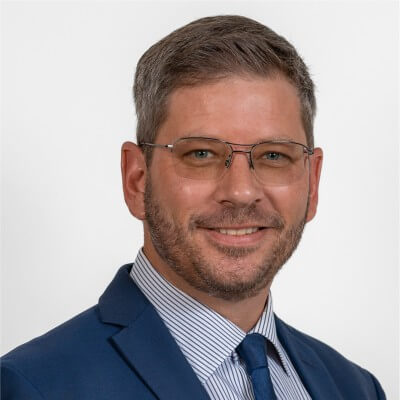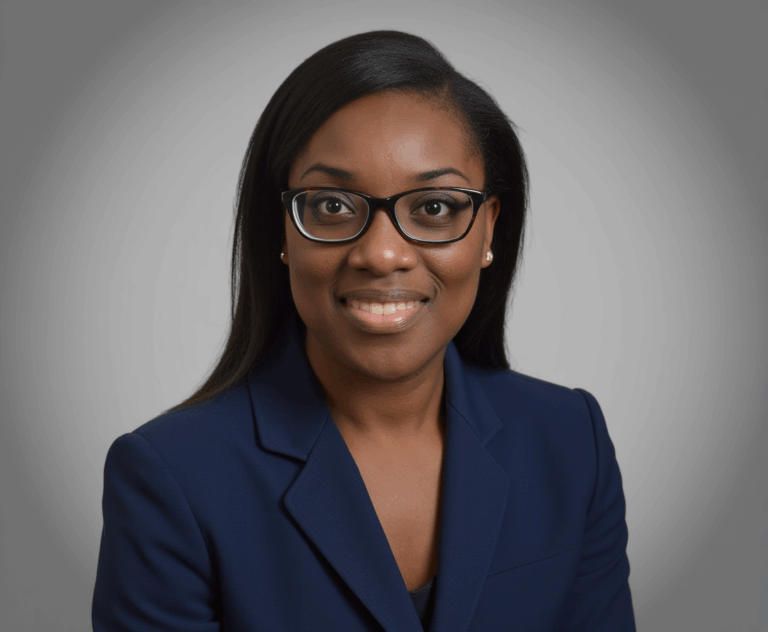A review of the 79th Congress of the Association of Chartered Accountants, a profession at the heart of the digital revolution
The 79th Congress of the Ordre des Experts Comptables was held in Marseille from 9 to 11 October on the theme of "From the firm's project to tomorrow's missions". Groupe Audit Serval & Associés followed the event closely, with eight participants. Nicolas Hirtz, Managing Director of Groupe France and Fidurévision Serval & Associés, the firm's Grand Est subsidiary, reports on this major event for the profession.
What can a major event of this kind do for accountants in terms of improving their professional practice?
The context in which this conference took place was that of the dematerialisation of our ecosystem and the rise of AI, with the imminent implementation of electronic invoicing in 2026 for large companies and 2027 for others. These are all developments that will revolutionise our businesses.
This major event, which brought together more than 7,500 professionals, gives us a better grasp of the challenges of the ongoing digital revolution and, in the light of this challenge, helps us to better define our strategies, the evolution of our missions and the skills we need to mobilise in particular.
To be quite frank, I felt that the plenary sessions were too general to deal with issues that had already been well identified by the industry. The most important thing is to have a complete range of software available in the same space, to be able to structure our customer offering, and to be able to talk directly to the publishers and share our experiences with our colleagues.
In addition to the visibility of our products and the accessibility of exchanges between market players, we were also able to meet documentation publishers such as Francis Lefebvre, Revue fiduciaire and SVP. As a result, we were able to renegotiate our subscriptions, reducing costs by €7,000 excluding VAT by pooling our documentation.
Last but not least, the presence of a large number of workshops gives us direct contact with the latest developments in our profession and enables us to follow fast-track training courses.
In practical terms, how does the new knowledge you acquire at the conference translate into your day-to-day work?
There is an infinite variety of products on offer, and we have to do a great deal of work segmenting our customer base, according to size and type of business, to identify the best service for each individual.
For example, the various Audit Group entities are used to using one software package (Agiris or Sage) and offering it to all their clients. In view of the imminent arrival of electronic invoicing and the development of dematerialised partner platforms (PDP), we now need to understand our clients' operational processes so that we can offer them the software that best suits their needs. This approach comes on top of the profession's obligations under the NIS2 directive on digital organisation and security.
In very practical terms, this means that we already have to develop the solutions that we master internally and complement them with new services. Take Agiris, for example, a software package that enables us to offer invoicing, stock management, cashiering and sales management services, but does not meet the need for multi-currency invoicing. For this we use the Regate solution.
We have also been able to analyse the artificial intelligence tools offered by professional publishers and start thinking about the product that we feel is best suited to our needs, with the aim of enabling our young employees to develop a capacity for analysis based on experience and personal reflection.
Our teams now need to know which solutions are best suited to each type of assignment. This approach can be summed up in the phrase "sharing our expertise".
How are client relationships adapting to the digital transformation of your business, which is automating many of the accountants' traditional tasks?
Our businesses are evolving rapidly and the automation of our accounting production and VAT returns, which is a priority, must be accompanied by a diversification of our offering to support our customers. An offering built around our core mission as a chartered accountant and auditor, which is the basis of our customer relationships.
We have set up a legal department in France which can be involved in external financial transactions, such as setting up a company or selling a stake. We also have technical advisers on subjects that will be dealt with across the board according to a procedure to be defined. For example, we can deal with valuation issues in connection with the acquisition of equity interests, or we can ensure that the market value of a holding company's equity interests is accurately reflected in its annual financial statements.
We have also set up a social division which, in addition to the increasingly automated payslip service, offers a wide range of services in the field of HR and the application of the labour code.
How do you monitor developments in the digital offering internally?
In order to master our digital offering in the face of the multiplicity of products on the market, we have selected a range of software as part of our observations at the industry congress and appointed a reference within the France Group for each software package chosen. The contact person is responsible for monitoring the development of the software for which he or she is responsible, and for deciding when operational criteria allow the software to be integrated into our customer offering.
Internally, we're creating a group dynamic so that everyone knows exactly what our digital offering is and who has the expertise in which software, so that we can provide a comprehensive response to our customers' needs.







